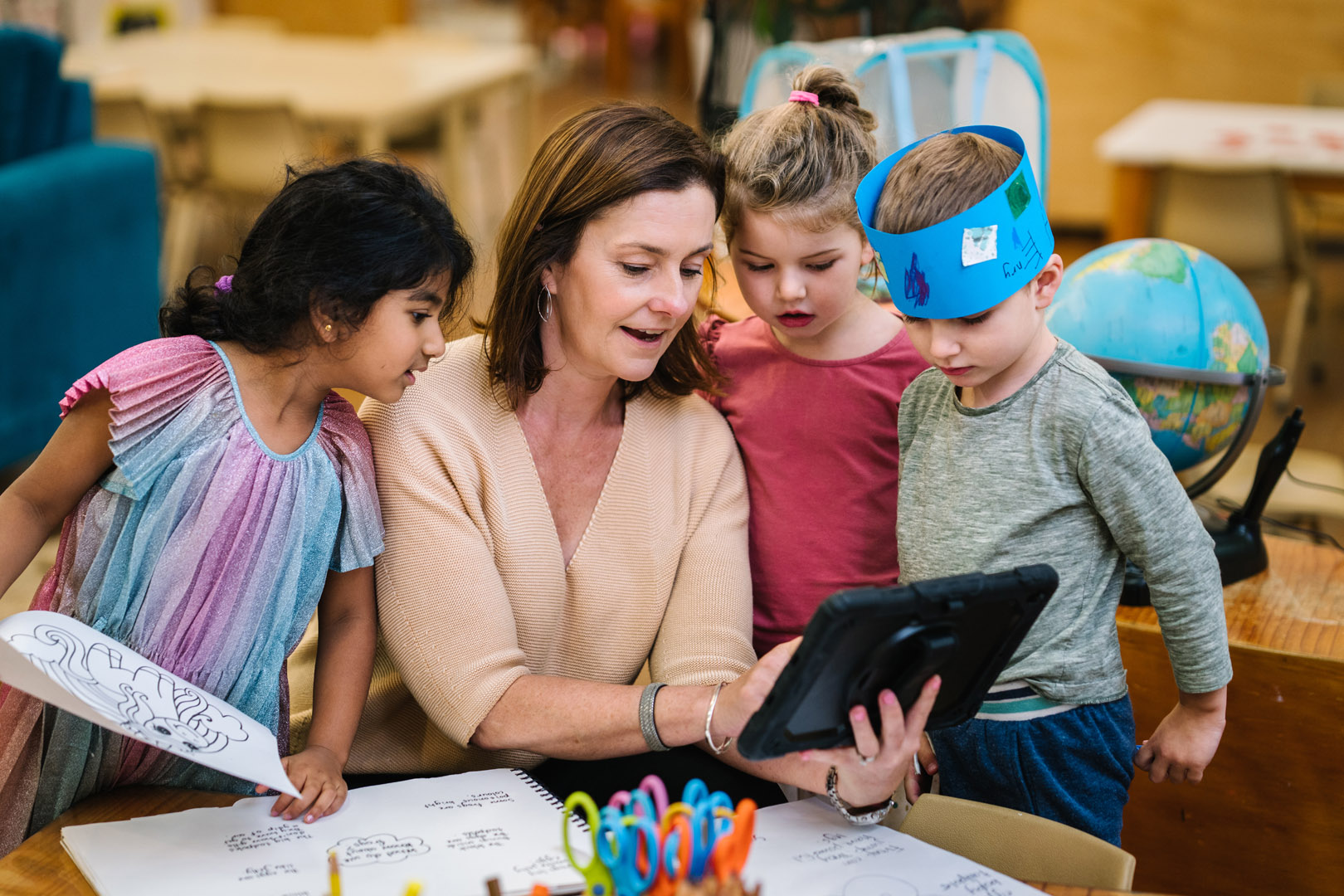
Explore KU's current and past Annual Reports which offer an overview of our achievements, progress and financial performance each year.
As we embarked on the first year of our new three-year Strategic Plan (2023-2025), 2023 invited us to reflect on the many changes, challenges, and accomplishments at KU and across the sector.
There is always something happening at KU. Explore KU stories covering recent news, case studies, service spotlights and more.
27 November 2024 Sydney CBD’s ‘Hidden Gem’ KU Phillip Park Children’s…
KU Heathcote Preschool recently celebrated its 50th anniversary, commemorating half a century…
We are excited to announce that KU Children’s Service’s CEO, Chris Legg,…
KU respectfully acknowledges the Traditional Owners of the many lands on which our services are delivered.
The contribution by Aboriginal and Torres Strait Islander Peoples to the education of young children existed long before our story began.
Proudly a not for profit and for purpose organisation
© KU Children’s Services 2024
Proudly a not for profit and for purpose organisation
© KU Children’s Services 2024